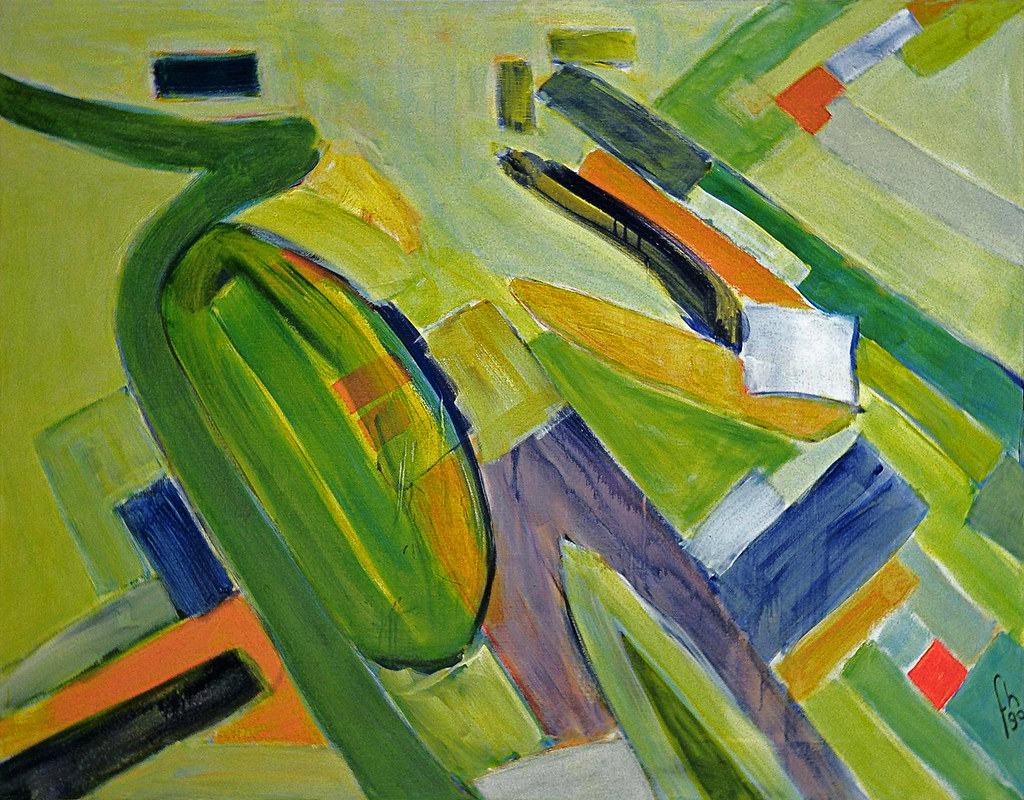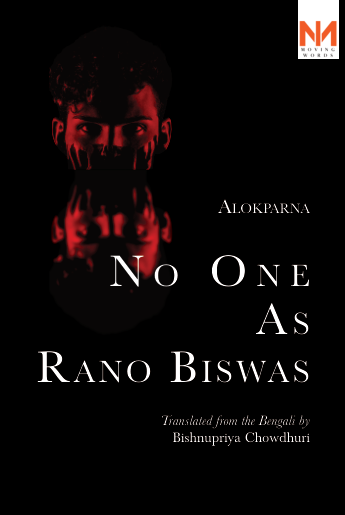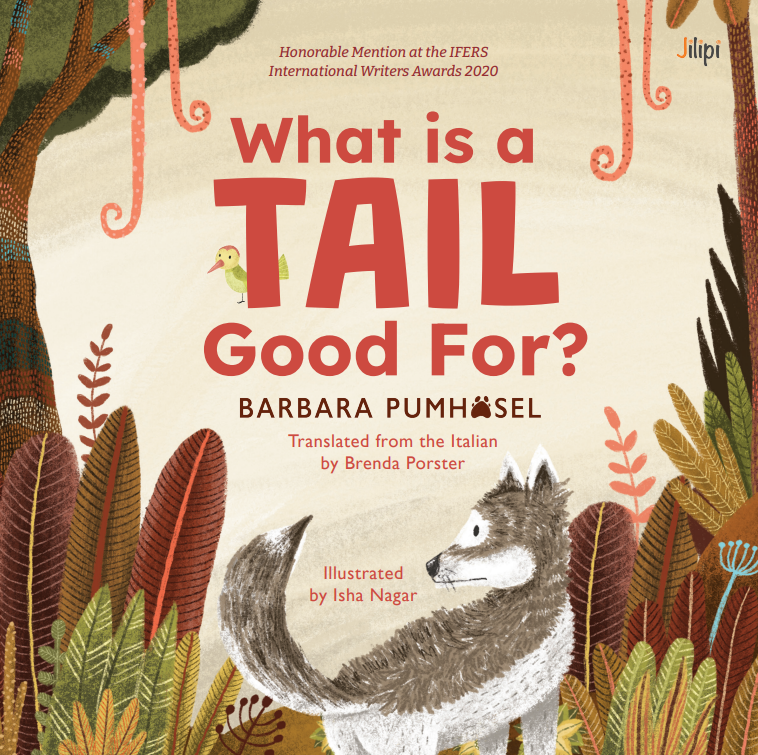FLASH FICTION BY RONGILI BISWAS

Image Used for Representation
IN PRAISE OF AN ORNATE VASE
He had my cousin’s name but looked very different. To be honest, I no longer remember how he looked, though I have a vague recollection of his olive skin. And his fingers held the brush as they would a sacred text — in solemnity and with distance. That is how I saw the patterns emerging in what he drew– the circuitous rings coming out and each of them dissolving into the other in the act of a slow, ritualistic unwinding. Once done, he came out onto the terrace. There, on the sultriest of nights, I felt the wind blowing hard once. As if the entire array of his rare blue orchids sighed for me. I thought a vapor emerged from the hanging vases that swayed with the wind. The scent of the creeper jasmine gradually mingled with them. And the few objects that were there, borrowed dimness from the only candle burning at the corner.
He showed me what he drew. That was for me, he said. A vase so ornate that it seemed huge and unmoving, against the wind and the stars and the moon that now looked half-flayed, almost grey. He said that he drew it solely for me, the candle cast a broken shadow on him and made him so indistinct that I could not tell anything that was there around us.
Across the terrace lay the burial ground. Lights were up in the structures around the tombs of pious men. It was towards them that our eyes moved together. Between us — he, the burial ground and I — the street lay as deserted as the broken ancient mounds by the cemetery’s side.
Then, only once he came to me in my dream. I saw him among the flowers and by the hedgerows. By flowers I mean the ones that were trumpet-shaped. They were grey and big, light grey at the end, deeper in the middle, tapering out. Amid the wildflowers and thorn edges, the trumpet ones had a paleness that one could not miss. I saw him touching them with a tenderness that I knew was solely his.
Em, I whispered.
He did not reply but looked back and smiled. Then he swam into the darkness up to an edge that was far beyond anything I could ever see. It was then that I saw his vase shedding the last trace of its splendorous colors.
As if to assume a grey that had been ours all those countless years.
THE SIZE OF SORROW
All I remember is the sombre whisper in the middle of the night, through the depth of my sleep.
A group of a dozen would scurry along, white kerchiefs tied round their heads. Others would have their funeral caps on.
They muttered the holy prayer under their breath. From afar their mumblings resembled the sound of the wind hissing through palm fronds.
Their hurried walk captivated me. Accompanied by that sibilant whispering, they would ceaselessly exchange places. And create a pattern with steps — one indecipherable from the other.
When they drew near, sitting behind the window, still half-asleep, I saw them carrying a bundle wrapped closely in white. The swaddled chunk would confuse me, and I would ask my father what that was.
‘A child’s corpse’ he would reply.
The air hung heavy with the flowering Jasmine in the backyard. An unknown bird trilled from a hollow in the Tamarind-trunk. The moon, a shining crescent, would cast a white light in the room.
It was then that I would lie down again. Stock-still. And wait for the men to return.
Gradually, the sound coming through their nightly murmur took a definitive shape for me. As though if one wanted to touch grief, one could. The puny, undersized cadavers would let that happen. As though pain was something irrevocably contained in those unmovable masses wrapped in white.
The burial ground was fifty meters away from our house. At any hour of the day, people would come with their ritual-mumblings, half-hiding their grief-hardened faces, exchanging hands that would hold their small corpse and swapping steps in the process. As days went by, a vague sense of longing took hold of me, and I would often wait for them to come with their deeply enfolded treasure. Beyond the nights. And Beyond daybreaks.
———–
Past the cemetery wall, the small tea-stalls and the grocery shops, the unmanned railway crossing and the cattle sheds, past the hay-cutters’ narrow space, between rows of shanties was the shop for designing mound-shrouds. Elaborate designs of sequin were woven on their green or pink bases with threads of gold making up the border.
When spread over the mounds, their golden frills flew wild with gusts of wind, and when rain came, the half-soaked earth lent them a smell of its own.
I found the spangled beauties – the way they clung onto the moist graves – almost tender.
Sometimes, while coming back from school, I stealthily made a detour to go and watch the owner of the shop weaving designs on the velvet-fabrics painstakingly. That he, a middle-aged man with a pock-marked stern face, could weave such magic on velvet, was confounding. While I peeked at the tilted signboard ‘Aftab Ali’s Embroidery’ in amazement, all he did was to throw a glance at me as if in disdain, and thereafter ignore me completely.
Hours would pass amid the smell of the fresh-cut hay, countless trains would leave deafening the silence of the warm afternoons while Aftab Ali’s never-faltering hands moved over the golden edges of the graveyard swathe unhurriedly.
Sometimes he would call to his five-year-old daughter and send her for some errands. Her name was Zarina — a stunningly beautiful, bubbly kid, always happy to be there when her father needed her. Their house was on the verge of a back-alley that bordered the tiny embroidery-shop — a one-room tenement with crimson floor, upon which several cracks made quaint designs. Often, while she was in the common yard, talking to a stranger, or dancing to her heart’s content, Zarina’s mother would call to her so she could look after her toddler brother. When she had no errand to run for either of her parents, Zarina played with a thin, shapeless doll, coddling it as much as she could under the circumstances. Sometimes, she invited me to play with her, and together we decked up her treasured doll.
———-
Once I saw the shop closed for three days in a row. On the third day, as I turned away undecidedly, someone called me— a woman with a strangely pale skin, whom I had seen in the locality only once or twice before.
‘They have all gone for the burial.’ She said.
‘Burial?
‘You do not know? Aftab Ali’s daughter had died a couple of days back.’
‘Zarina —’
‘She slipped and fell into the cemetery pond, close to the darga, none knows why she went there in the first place,’ she added.
I could see the afternoon sun getting gradually overcast by clouds. It could rain, I thought. I suddenly felt very thirsty. It was still one of those months of unrelenting summer and it felt sweltering. I wanted it to rain. Quite heavily, that is. Comforting myself with the thought of an imminent downpour, I walked slowly back home.
———–
Many years later, when I took the turn through the maze of narrow lanes toward the burial ground, the dimly-lit shop was unmistakably there for me. Everything was unchanged — the cattle sheds, the hay-cutters’ deafening machines, the open gutters by the side of the road, the eternal busyness around what was without doubt the narrowest lane in the world. I stood before them, as if waiting for something to happen. Finally, I could see Aftab Ali. Moving his hands like years before. When I drew near, he looked up. He seemed very old to me, his face shriveled through old age and perhaps through something that was not far from insanity. He recognized me immediately.
‘Child, you have come?’ He almost whispered.
‘Remember me, do you?’
‘Of course, I do, sit here, want to see whether I still work or not?’
He suddenly lowered his voice even more, and his thoroughly wizened face lighted up a bit.
‘I am weaving this for Zarina, my daughter, you remember her?’
Then he unfolded before me what seemed to be his epic work. I could not think of seeing anything more beautiful in my life ever before.
I muttered something to the effect that he needn’t have to do this excruciating thing to himself so many years later.
‘So many years? I started this on the very day she died.’ He said.
‘And it was never finished?’
‘It is not meant to be finished. Can’t you see? To me she was never gone. Since no one would ever tell me how much she has grown lying in the earth’s womb all these years, I needed to keep going.’
In the distance, a train was pulling out of the station. Within a few moments, it disappeared from my sight. When the tracks cleared again, I tried to find the traces of a horizon that once bordered a vast field.
On whose edges— in the midst of the near-flattened mounds with velvet shrouds adorned in golden threads—our collective sorrow had irredeemably lost its size.
(A version of this flash piece was published in The Potato Soup Journal on 07.04.2022)
Also, read In Conversation With Rongili Biswas by Bishnupriya Chowdhuri, published in The Antonym
Follow The Antonym’s Facebook page and Instagram account for more content and interesting updates.






























0 Comments